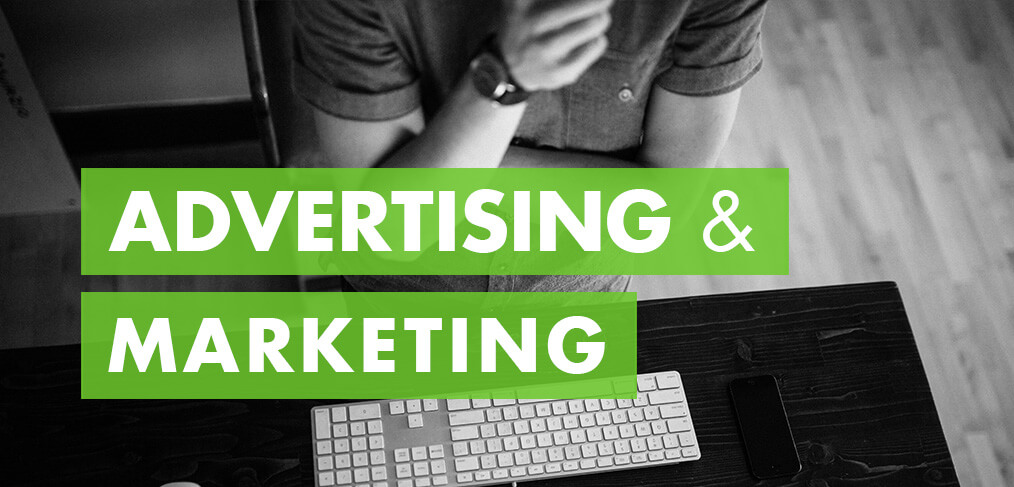You know, for the longest time, email marketing just felt a bit… well, impersonal. It was all about blasting the same message out to a huge list, just hoping that something, anything, would stick.
It was a numbers game, like throwing spaghetti at the wall to see what noodles would actually make it. And, let’s be honest, it was kind of cold and generic. But then, things started to change.
We began to realize that people aren’t just names on a list. They’re individuals with their own interests, their own histories, and their own specific needs. That’s when personalized email marketing came into its own, and honestly?
It’s a total game-changer. It’s not just a trend anymore; it’s a fundamental shift in how we connect with people, and the benefits are just massive.
It’s About Building Relationships, Not Just Sending Campaigns
The biggest, most powerful benefit of personalizing your emails is that it moves you from a transactional relationship to a real, human one. Think about your own inbox for a second. When you get an email that starts with your name, or maybe references something you’ve actually looked at on their website, you feel seen.
It’s a lot like the difference between a generic, mass-produced postcard and a handwritten note from a friend. That small personal touch makes the recipient feel valued, and that feeling is, to my mind, the absolute bedrock of trust.
From what I’ve observed, it really works. There’s a small online bookstore I love, and they started sending me recommendations based on my previous purchases. Instead of a bland “New Bestsellers!” email, I got one titled, “Hey [My Name], we think you’ll love these new sci-fi thrillers.”
They even added a little note referencing a specific author I’d bought from them before. And you know what? I clicked. I felt like they genuinely knew me, and I trusted their suggestion. That’s the power of building a relationship. It’s about showing your subscribers that you’re listening to their preferences and that you’re not just another brand trying to push a product.
A Serious Boost in Engagement and Open Rates
Let’s get a little more practical for a minute. From a purely marketing standpoint, the data is just… undeniable. Personalized emails perform better. It’s not even a close contest. Open rates and click-through rates just skyrocket when the content is tailored to the individual. The reason is pretty simple: the email is relevant to them.
I mean, look at your own email inbox. It’s a crowded, chaotic mess, isn’t it? Most of us are quick to hit “delete” on anything that looks like spam or a generic advertisement. But when the subject line of an email speaks directly to a need or interest you have, it just stands out. It breaks through all that noise.
Just using someone’s name in the subject line is the most basic step, and it’s been proven to significantly boost open rates. But we can go so much further than that. Think about emails that are triggered by a specific action: a special offer for that pair of shoes you left in your cart, a birthday discount, or a “we miss you” message after a period of inactivity.
These aren’t just generic messages; they’re perfectly timed and incredibly relevant. They feel less like marketing and more like a helpful reminder from someone who’s paying attention.
Driving Conversions and Revenue Like Crazy
This is where all that effort really pays off. All that increased engagement and trust directly translates into more sales. When you send people offers for products they are actually interested in, they’re far more likely to buy. It’s common sense, really, but so many businesses just miss this point entirely.
I can think of an example right away. A friend of mine runs a boutique coffee subscription service. In the beginning, she sent the same monthly offer to every single person on her list.
Then, she got smart and started segmenting her audience. She identified the people who preferred light roasts and sent them an email about a new Ethiopian blend. She also found the customers who had bought espresso beans and sent them a special on their favorite dark roast. The result?
Her conversion rates just went through the roof. Her customers weren’t getting irrelevant offers for products they’d never buy; they were getting curated suggestions for things they would genuinely love. And mi se pare că this isn’t just about making more money; it’s about making the right kind of money by serving your customers better.
Building Your Brand’s Credibility and Customer Loyalty
When you consistently provide value and show that you understand your customers, you build more than just sales—you build a real brand. A brand that feels smart, thoughtful, and in tune with its audience.
This kind of communication makes your customers feel good about doing business with you. They start to see you as an expert, a trusted source, and a company that truly cares.
I’ve been a subscriber to a particular software company’s newsletter for years. They don’t just send me promotional emails. They send me personalized tips and tricks based on the features I use most. They share case studies that are relevant to my specific industry. I feel like they’re helping me get the most out of their product, not just pushing me to buy something new.
This has made me incredibly loyal to their brand. I don’t know exactly if it’s this way for everyone, but for me, if a competitor came along with a similar product at a lower price, I’d still be hesitant to switch, because the relationship I have with the first company is worth something to me. They’ve earned my loyalty through consistent, thoughtful, and personalized communication.
The Secret Ingredient: Better Data and a Smarter Strategy
Finally, the really cool thing about personalized email marketing is that it forces you to get your act together and really understand your data. To personalize an email effectively, you need to know things about your subscribers: what they’ve bought, what they’ve browsed, where they live, what they’ve clicked on.
This process of collecting and analyzing data isn’t just for personalization; it’s for building a better business. It helps you see patterns, understand trends, and make smarter decisions across the board.
I like to think of personalization not just as an email strategy, but as a framework for knowing your customers better than your competition. The more you learn about your audience to personalize your emails, the more you can improve your products, your website, your content—everything.
It’s a virtuous cycle. You learn more, you personalize more effectively, you build stronger relationships, you drive more revenue, and you keep learning. It’s a total win-win, and honestly, it’s the only way to do email marketing in a world where everyone expects to be treated like an individual, not just a number on a spreadsheet.
So, if you’re still blasting out generic messages, it might be time to start thinking about the actual people behind those email addresses. It’s the right thing to do, and it’s definitely the smart thing to do.








